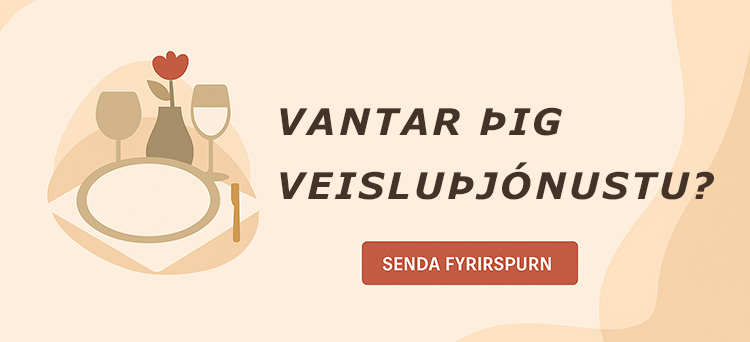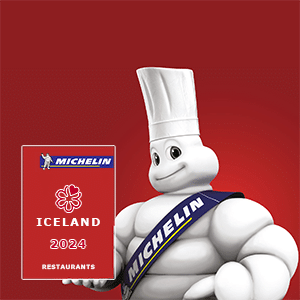Lifid
Most Georgian wine is fake, says FAO
Around nine in every ten Georgian wines sold abroad are counterfeit, says a United Nations body, supplying fresh evidence to support Russias recent ban on Georgian wine imports.
Fraud continues to plague Georgia’s wine industry despite the country’s lengthy winemaking tradition, warns a new report from the United Nations’ Food and Agriculture Organisation (FAO).
The news will cause dismay in Georgia, which recently had its wine banned from its biggest export market, Russia, on safety grounds. Around 80 per cent of Georgian wine exports go to Russia.
Georgian authorities have spent the last three months attempting to get the ban overturned, even sending wines off for testing by the International Organisation of Vine and Wine to prove their quality.
It is precisely a lack of quality appellation wine in Georgia that has, however, led to fertile ground for fakers, according to the FAO.
It said fake Georgian wines ranged from alcoholic cocktails mixing spirits, colourings and flavours to wines bearing false appellations of origin.
Emmanuel Hidier, of the FAO Investment Centre, said the Georgian government had made some progress in crushing the fake wine market at home, but the situation had barely improved for wines sent abroad.
The FAO has been closely involved with Georgian wine since 2000, when the government asked it to help draft the country’s first wine law. That law paved the way for Gerogia’s first appellation of origin system, similar to those seen in other wine countries such as France, Italy and Spain.
The system requires winemakers to say where they got their grapes and how they made their wine.
Yet, counterfeiters have learnt to exploit a loophole in the rules, with no official documents required to transport wine in bulk or in bottles within Georgia.
The FAO said it was now helping the Georgian government to set up a new public-private watchdog to improve implementation of the country’s wine law.
Mamuka Meskhi, assistant FAO representative in Georgia, said it was in everyone’s interest to work together to beat fraud. Unlike brands owned by individuals or companies, appellations are the common property of the people of a region.
Source: foodproductiondaily.com

-
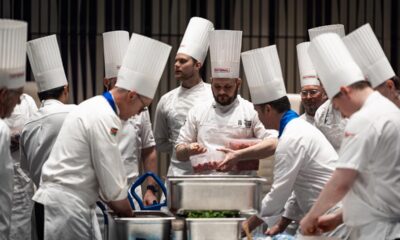
 Viðtöl, örfréttir & frumraun2 dagar síðan
Viðtöl, örfréttir & frumraun2 dagar síðanMyndaveisla frá hátíðarkvöldverði Klúbbs Matreiðslumeistara 2026
-
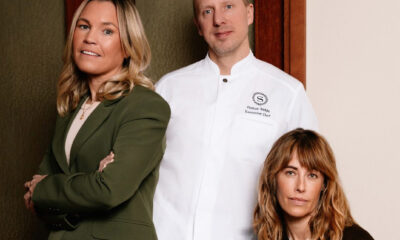
 Nýtt bakarí, veitingahús, fisk- og kjötbúð og hótel4 dagar síðan
Nýtt bakarí, veitingahús, fisk- og kjötbúð og hótel4 dagar síðanNý matreiðslustefna á Sheraton – Mr. Bronck opnar í mars
-
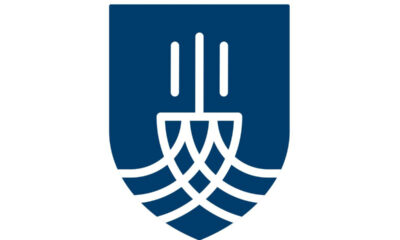
 Frétt2 dagar síðan
Frétt2 dagar síðanTilkynning frá Suðurnesjabæ vegna umfjöllunar um Sjávarsetrið
-

 Keppni1 dagur síðan
Keppni1 dagur síðanFreyja Þórisdóttir stóð uppi sem sigurvegari í keppninni um Bláa Safírinn – Myndir og vídeó
-

 Viðtöl, örfréttir & frumraun3 dagar síðan
Viðtöl, örfréttir & frumraun3 dagar síðanSjónvarpskokkurinn James Martin tapar í vörumerkjadeilu
-

 Viðtöl, örfréttir & frumraun4 dagar síðan
Viðtöl, örfréttir & frumraun4 dagar síðanStóra veislusýningin í Múlabergi
-
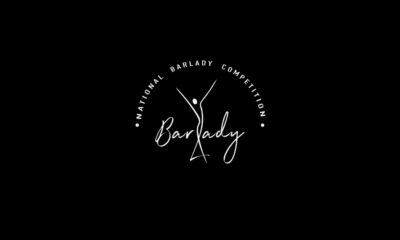
 Frétt5 dagar síðan
Frétt5 dagar síðanSkráning opin í Barlady 2026 – Tækifæri fyrir framúrskarandi barþjóna
-
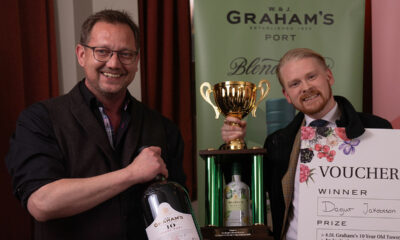
 Keppni1 dagur síðan
Keppni1 dagur síðanGraham’s Blend Series snýr aftur stærri og metnaðarfyllri en áður


